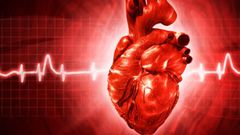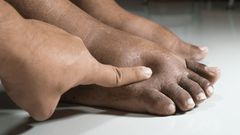In Nigeria and across West Africa, high blood pressure—often referred to as hypertension—remains a major public health concern. Many call it the “silent killer,” as it frequently develops with few or no outward warnings, slowly causing severe harm internally. Many Nigerians may not even realise they are living with this condition until it has led to serious complications. According to the World Health Organization (WHO), Africa has one of the highest rates of hypertension globally, highlighting the need for greater awareness and screening on the continent.
One distressing reality is that countless people do not find out about their elevated blood pressure levels until they experience a medical emergency. Locally, doctors in Lagos and Abuja have reported seeing patients admitted for stroke or heart failure whose underlying hypertension was never formally diagnosed. This is why it’s so important for West Africans to understand both the subtle warning signs and the crucial value of regular blood pressure checks.
What is High Blood Pressure?
Blood pressure is the measure of the force your blood applies against the walls of your arteries with every heartbeat. When this pressure remains elevated over time, it can injure your heart, brain, kidneys, and other vital organs. Medical experts commonly view 120/80 mmHg as a healthy blood pressure reading. Consistent readings at or above 140/90 mmHg are generally considered high, according to the Nigerian Heart Foundation and other regional health organisations.
The Hidden Symptoms of High Blood Pressure
Most people with high blood pressure feel completely fine, which makes the condition especially dangerous. Some, however, may experience discreet signals that something is wrong. Even though these symptoms can easily be dismissed, paying attention to them—and seeking medical advice—could prevent future complications or save a life.
1. Frequent Headaches
Recurring or severe headaches are sometimes linked to high blood pressure. These are often not your typical, passing headaches, but intense and persistent pain, sometimes more noticeable in the mornings or after a stressful day in busy urban centres like Lagos or Accra.

If you find yourself having unexplained, frequent headaches, especially if you have risk factors such as obesity or a family history of hypertension, consider having your blood pressure measured at a nearby clinic or pharmacy.
2. Dizziness or Lightheadedness

Feeling lightheaded or dizzy often, especially when standing up suddenly or after strenuous activity, can be connected to poorly controlled blood pressure. Sudden spikes or drops in your blood pressure can mess with blood flow to your brain, leaving you temporarily off balance.
Although dizziness can have many causes—from dehydration on a hot day to skipping meals—regular episodes warrant a prompt check with your healthcare provider.
3. Shortness of Breath
If you find yourself out of breath even without much exertion—perhaps climbing stairs in a Lagos office block or walking short distances at a market—this could signal that your heart and lungs are under strain. Uncontrolled high blood pressure damages the arteries supplying blood to these organs, making normal breathing more difficult over time.
4. Blurred Vision
Hypertension can compromise blood vessels in the eyes, a problem called hypertensive retinopathy. The result: episodes of blurred vision or even temporary vision loss. This is particularly concerning in areas with lower access to regular eye care services.

If you ever experience any abrupt changes to your vision, experts at Nigeria’s Federal Ministry of Health recommend immediate consultation with a physician.
5. Chest Pain
Any sensation of tightness, pain, or discomfort in your chest should be regarded as a medical emergency. “Nigerians often ignore warning signals, chalking it up to stress or tiredness, but chest pain must never be overlooked,” explains Dr. Akande, a consultant cardiologist at University College Hospital, Ibadan. Elevated blood pressure can force your heart to work harder, which sometimes results in chest discomfort—and in the worst case, a heart attack or heart failure.
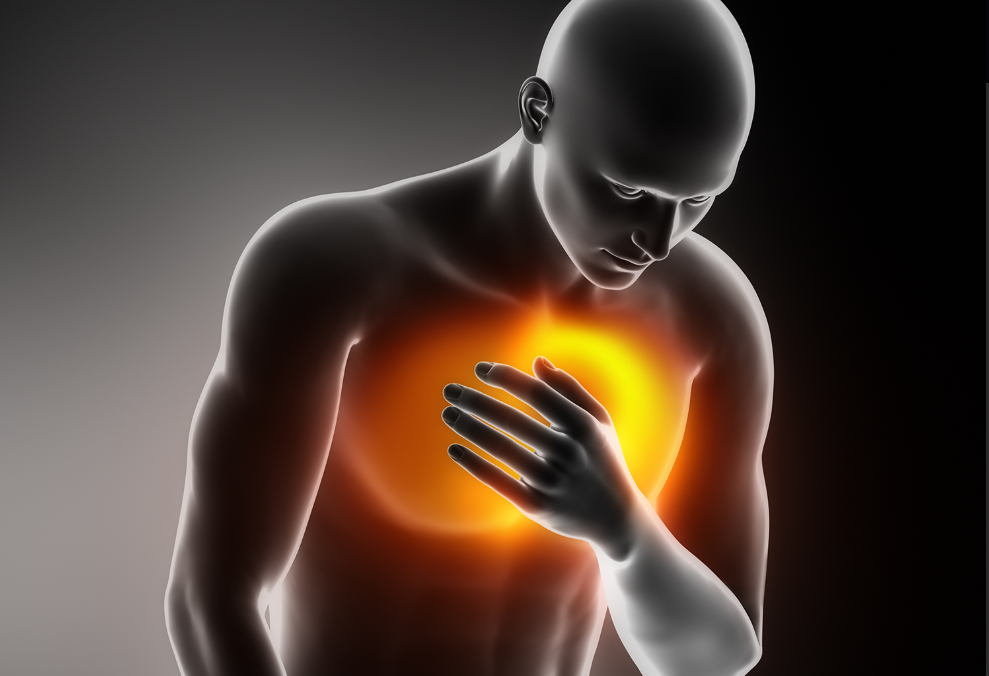
If you notice signs like this, especially in combination with other symptoms, delay could be deadly—seek emergency medical help right away.
6. Fatigue
Constant tiredness, even after you’ve had a full night’s rest, may suggest your heart and circulatory system are under pressure. When organs aren’t functioning optimally due to excess blood force on vessel walls, feelings of exhaustion and lack of energy can set in, impacting daily productivity in workplaces and homes alike.
7. Nosebleeds
Nosebleeds are fairly common and can happen for several reasons—dry Harmattan air, allergies, or picking one’s nose. However, frequent unexplained nosebleeds could reflect dangerously high blood pressure rupturing the delicate nasal blood vessels.

If nosebleeds become frequent without clear explanation, doctors advise undergoing a blood pressure test, especially if you’re above 40, overweight, or have a family history of hypertension.
Why Should Nigerians and West Africans Care?
In Nigeria, it’s estimated that more than 30% of adults live with high blood pressure, according to a report by the Nigerian Hypertension Society (2023). Yet, many cases go undetected or untreated, leading to thousands of premature deaths annually. Even without symptoms, hypertension can slowly and silently damage the body’s organs, eventually leading to chronic kidney disease, heart attacks, strokes, and irreversible vision loss.
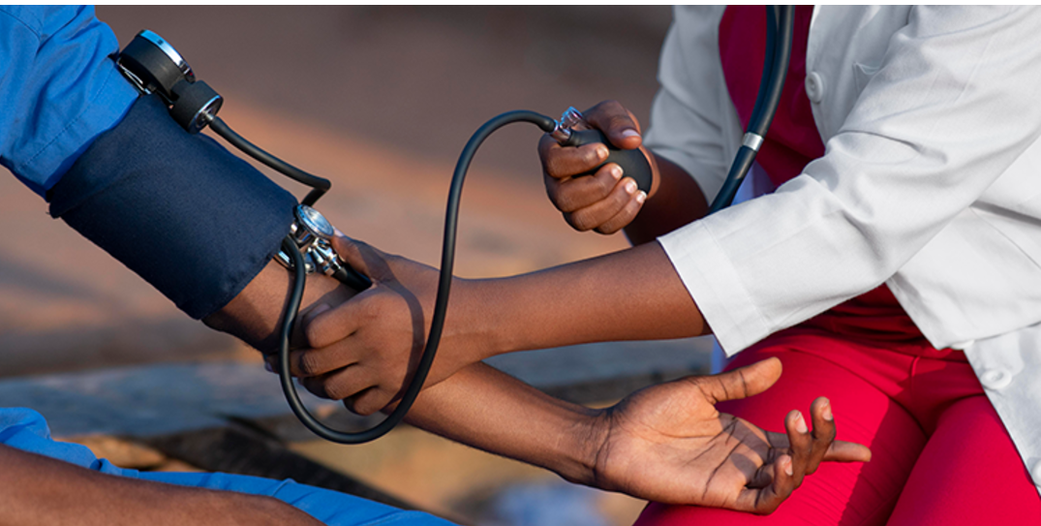
The positive news is that hypertension is treatable. Regular blood pressure checks—whether at a government hospital, private clinic, or local pharmacy—plus healthy lifestyle choices, can help reduce your risk and improve your quality of life.
Taking Charge: Prevention and Management
Early detection is the most powerful tool in combating hypertension. It is generally recommended that everyone above the age of 18 gets their blood pressure measured at least once a year. In high-risk populations or those already diagnosed with hypertension, more frequent monitoring may be necessary. Community health campaigns, like those run in partnership with Lagos State Ministry of Health, have shown that increased screening leads to earlier diagnosis and better outcomes.
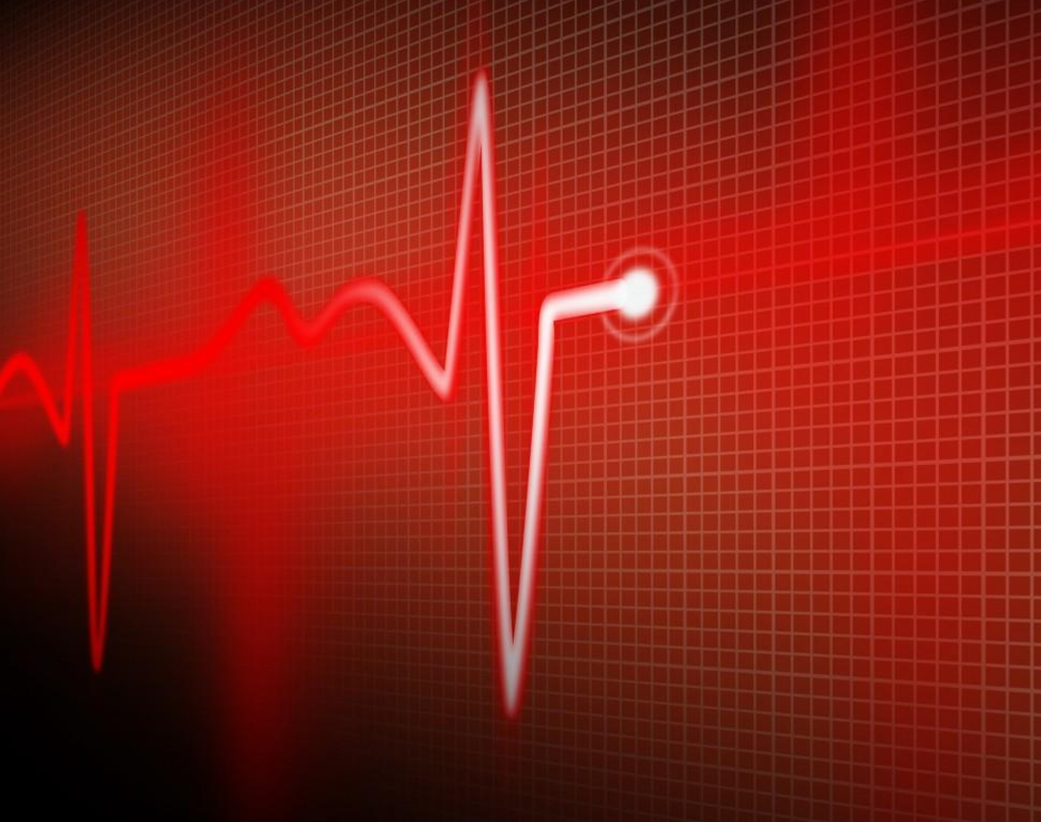
If you learn you have high blood pressure, working closely with your doctor or nurse is crucial. Most management plans include:
- Adopting a diet rich in fruit, vegetables, and low-salt local dishes such as ewedu soup or kontomire stew
- Engaging in regular physical activity, such as brisk walks or group sports in your neighbourhood
- Reducing stress through relaxation techniques, music, or religious fellowship
- Taking prescribed medication faithfully, if advised by your physician
According to Dr. Nana Osei from Korle Bu Teaching Hospital, “Medication adherence combined with lifestyle modification gives the best results. Skipping doses can be dangerous even when you feel well.”
Family support also makes a difference. In many Nigerian and Ghanaian communities, public health officers encourage family health days, where everyone gets screened and educated together, combating stigma and misinformation.
Importantly, don’t wait for symptoms to take action. Prioritising your blood pressure today can prevent hospitalisation and years of lost productivity tomorrow. Health is wealth, as the common adage goes—taking these preventive steps safeguards not just individuals, but families and entire communities.
Do you know your blood pressure status? When was the last time you got checked? Regular monitoring and taking control of your lifestyle could be the difference between vibrant health and chronic illness.

